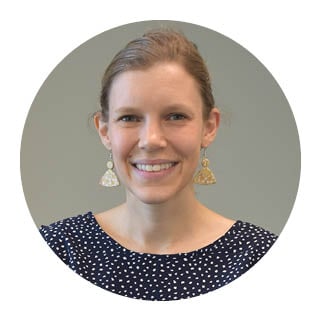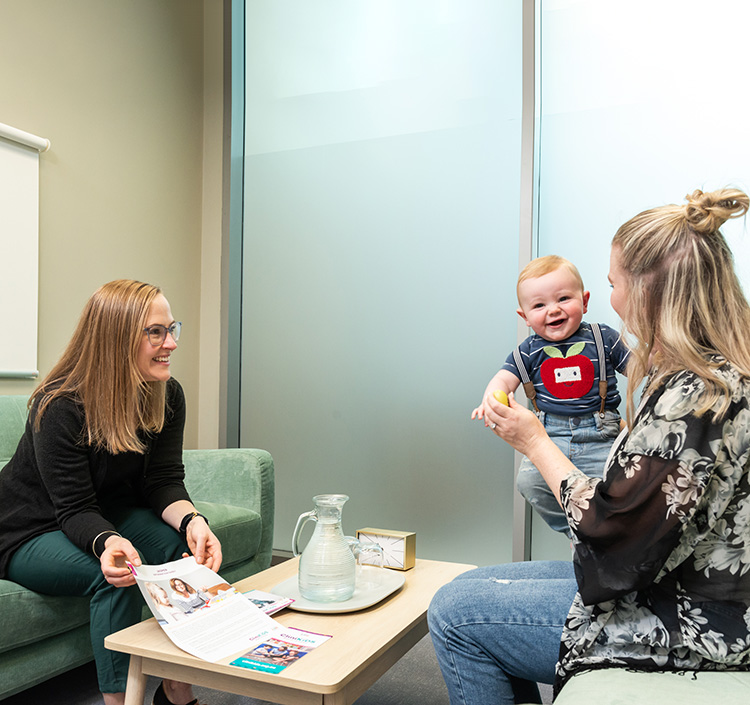Search
Research
Brief Report: Facial Asymmetry and Autistic-Like Traits in the General PopulationAtypical facial morphology, particularly increased facial asymmetry, has been identified in some individuals with Autism Spectrum Conditions (ASC). Many cognitive, behavioural and biological features associated with ASC also occur on a continuum in the general population.
Research
The course and prognostic capability of motor difficulties in infants showing early signs of autismDelays within the motor domain are often overlooked as an early surveillance marker for autism. The present study evaluated motor difficulties and its potential as an early predictive marker for later autism likelihood in a cohort of infants showing early behavioral signs of autism aged 9-14 months. The motor domain was evaluated using the motor subscales of the Mullen Scales of Early Learning at baseline, and at a 6-month follow-up.
Research
“He Sees his Autism as a Strength, Not a Deficit Now”: A Repeated Cross-Sectional Study Investigating the Impact of Strengths-Based Programs on Autistic AdolescentsRecent studies have reported that strengths-based programs, leveraging autistic adolescents' abilities and interests, could improve their skills and facilitate social engagement. However, little is known about the long-term impact of strengths-based approaches. This study aimed to explore the long-term outcomes of community strengths-based programs designed to support autistic adolescents in developing interests and skills in Science, Technology, Engineering, Arts, and Mathematics (STEAM) and the factors influencing their participation in these programs.

News & Events
World-first video trial to help babies at risk of autism thriveVideo technology is helping researchers learn more about the early communication style of infants with a family history of autism, ADHD or intellectual disability.




The CO-OP approach guides children to independently discover and develop cognitive strategies to perform the necessary tasks of everyday living.

Here you'll find a wealth of information and resources to help support your child.

News & Events
Diagnosis and the ADOS: The essentials parents and clinicians need to knowIn this blog, you can read about one of the most common tools used in the autism diagnostic process – the Autism Diagnostic Observation Schedule.
